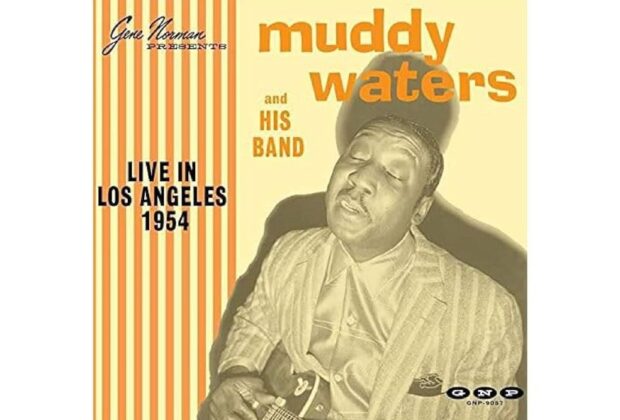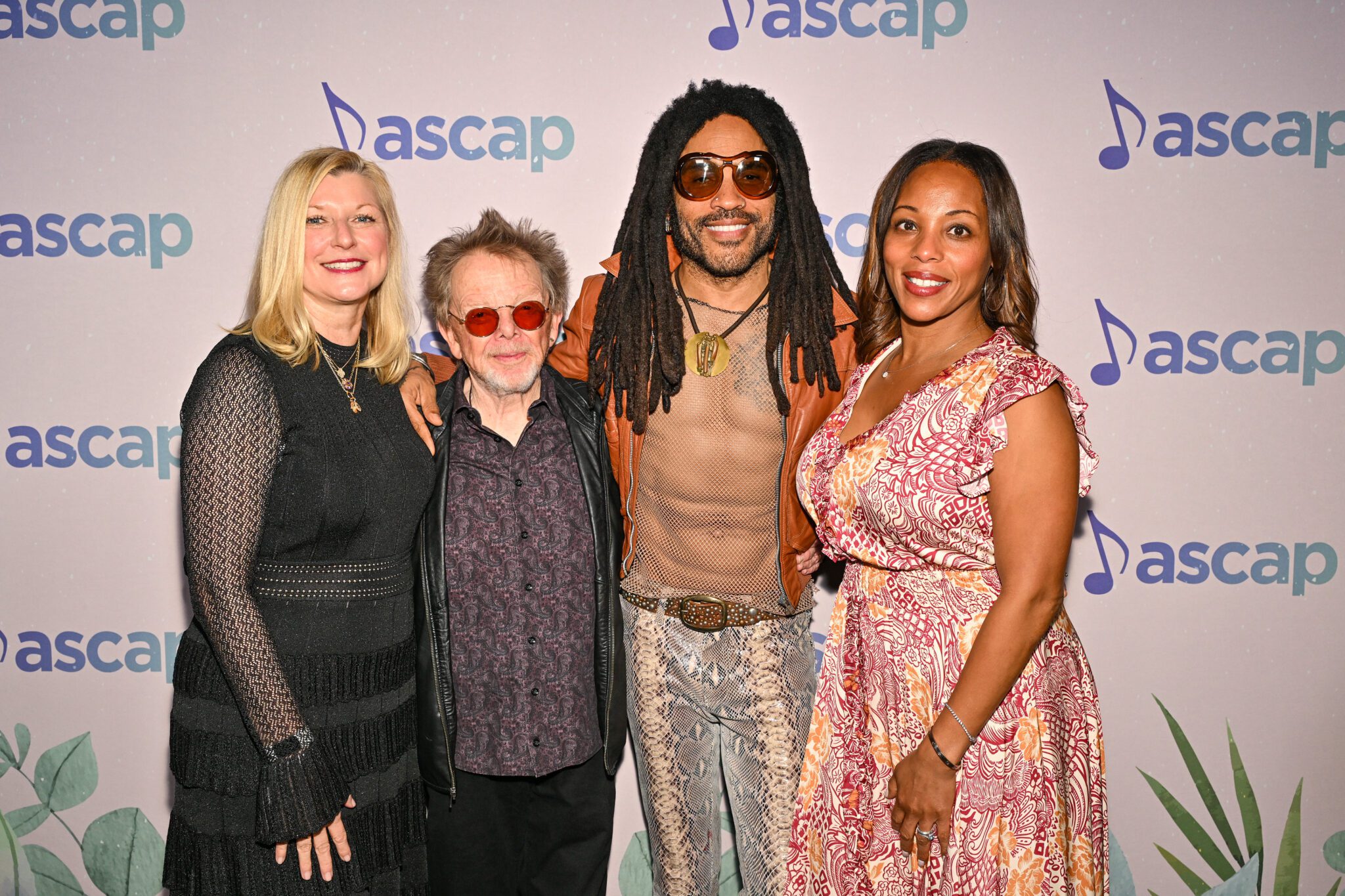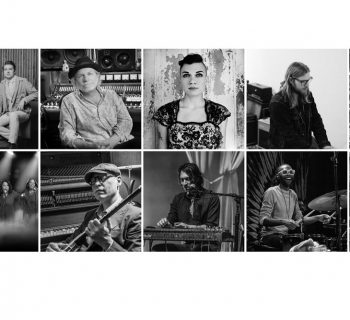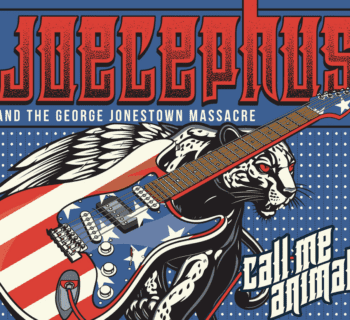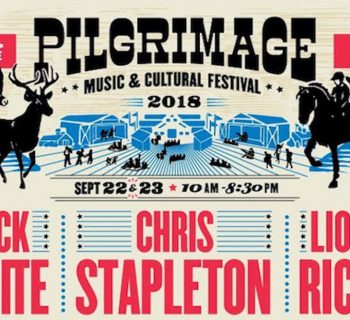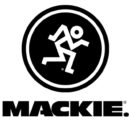Are you ready to join the blues music bandwagon or renew your membership in this roots-based art form?
The GNP Crescendo Record Company in 2021 released a brand new, never-before heard recording that is essential and required listening for any student of the blues.
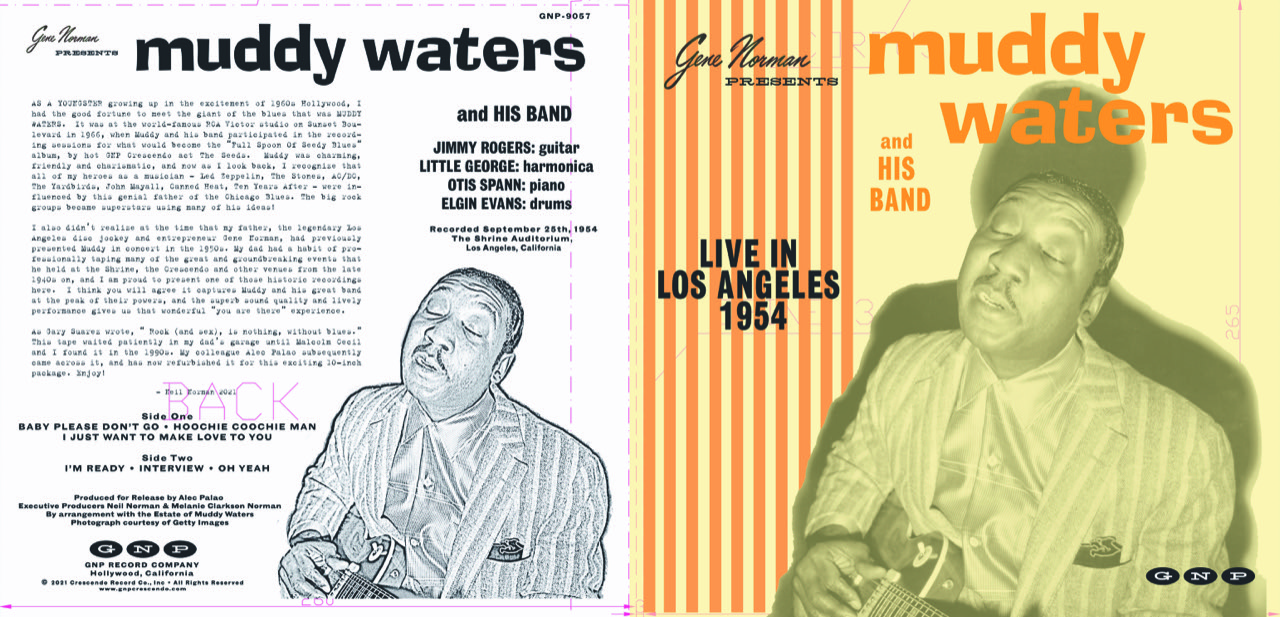
Live In Los Angeles 1954 captures the father of the electric blues, Muddy Waters, at the peak of his powers, in a riveting performance that easily explains an immense reputation that continues to this day.
Muddy and his band were appearing at one of deejay, impresario and visionary GNP Crescendo founder Gene Norman’s legendary blues and jazz promotions at the Shrine Auditorium, which drew unprecedented crowds to hear some of the best talent the Chicago music world had to offer. On this particular occasion, Waters’ ensemble featured pianist Otis Spann, guitarist Jimmy Rogers, Elgin Evans, and harmonica legend Little George Smith.
Their twenty-minute set on September 25, 1954, includes the blues classics made famous by Muddy, “Hoochie Coochie Man” and “I Just Want To Make Love To You,” along with exciting romps through “Baby Please Don’t Go” and “I’m Ready.” There’s also the bonus of a brief interview with Muddy.
The tape of the performance has lain in the Crescendo vaults for decades, until dusted off by producer Neil Norman for this special issue. The sound quality is sensational for a recording of such vintage, and the package is presented on 10-inch vinyl in a deluxe tip-on sleeve, with art in the mode of the iconic early 1950s Gene Norman Presents logo.
Few albums have been as influential as Muddy Waters' debut album The Best of Muddy Waters, a humble piece of vinyl released by Chess Records label in 1958 that served as The Big Bang for rock 'n' roll and the ensuing half century of modern popular culture.
In 2017, Geffen/UMe celebrated the 60th anniversary of Waters' first LP on Chess by reissuing The Best of Muddy Waters on vinyl in original mono for the first time in 30 years while also making it available for download and streaming for the first time ever, giving new and familiar listeners a reminder of the blues man's truly incandescent music.
Universal/Spectrum in the U.K. has also released a 2 CD compilation Can’t Be Satisfied: The Very Best of Muddy Waters 1947-1975.
I witnessed Muddy Waters and his bands in the sixties and seventies in Los Angeles and Hollywood bookings.
Last decade I spoke with two Muddy Waters fans who also caught Muddy on stage.
“I saw Muddy Waters at the Ash Grove club in L.A. on Melrose Avenue in 1971,” remembered deejay and poet Dr. James Cushing.
“His set began with his band doing a couple of instrumental numbers. And his lead guitarist was playing a Fender Jaguar through a wah-wah pedal. Muddy was seated and played slide. When I was exposed to his voice and slide work solos in person, I got from that moment the same thing a bunch of privileged white suburban kids got which was sense of total authenticity and integrity.
“This was popular music in which the bull shit quotient was as close to zero. Muddy did a song from 1949, before I was born, the same decade as World War 2.
“I heard a voice where history is speaking to me. I jumped on a table in the room because I couldn’t control myself to do otherwise. I had just learned in the most dramatic possible way that adulthood was not a drag. That it was possible to imagine an adulthood that was not as uselessly fucked up that my alcoholic parents had modeled for me,” Cushing confessed.
“Muddy and Chess Records are the bricks from which rock ‘n’ roll is built. All their music was consciously produced studio creations that were worked out by Muddy with Phil or Leonard Chess in order for maximum sales.
“In Chicago you have Jewish Polish emigrants form Chess Records. In New York there’s Blue Note, started by Austrian Jewish emigrants, and in Hollywood then you have Capitol Records in Hollywood with Stan Kenton, which has a more complex label history with songwriters as principals and the movie industry.
“Those were the three great centers of American music in the late 1940’s and early ‘50’s. And they need to be seen, I think, as examples of American cultural diversity at its best.”
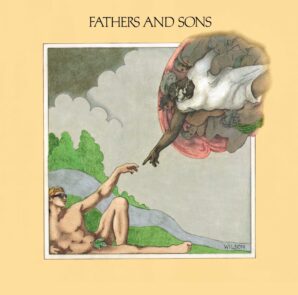
Veteran music business legend Marshall Chess is the son of Leonard and nephew of Phil Chess, the dynamic duo who founded the monumental Chicago-based blues label.
After departing from Chess Records in 1969, Marshall formed and served as President of Rolling Stone Records for seven years. He helped create the Rolling Stones famous tongue and lip logo and was involved as Executive Producer on 7 Rolling Stone #1 albums during the 1970’s.
I’ve interviewed Marshall Chess a few times this century. In one discussion we focused on Muddy Waters.
Q: Around 1969 in West Hollywood at Fairfax High School, the Father and Sons album on Chess with Muddy, Otis Spann, Sam Lay, Buddy Miles Paul Butterfield, Michael Bloomfield, and Donald “Duck” Dunn was the big hit in the school with LP collectors and stoners. It’s been reissued by Universal. The version of “Long Distance Call” is totally amazing!
A: Man, and live, you couldn’t see it, Muddy did this dance on ‘Got My Mojo Working’ that was unreal! Like Nureyev. He put down his guitar and did a pirouette. The place went wild! You can hear it on the record. You can hear the crowd when that happens.
Q: The Muddy Waters’ legacy.
A: You know, what is the magic then and the magic now of Muddy Waters and he was a genius. No, I mean, like any genius artist, you look at a Rembrandt or Picasso, it's great. You get magic, you know, you look at it, you look at a great film, Magic. How do you describe that? He had something, and the way he carried himself that wasn't just in his music, man. The memorable way he carried himself like a leader, like a chief, these are my impressions. As a kid, he was like the leader. A very special man. And my father, they had this tremendous, powerful relationship. Muddy called me Young Chess. He and the other Chess artists always asked me “did I get some?” I eventually did. Of course, at that age it's making me remember this shit. Muddy loved women and radiated sexuality, you know, like a champ, by the way.
Muddy liked to drink. Muddy on stage and in the studio was the best. He was organized. He was a fuckin’ leader. I always say this. People say ‘what do you mean?’ He was a fuckin’ leader. Muddy was the reincarnation of a tribal chief, of a President, of a King. Such a powerful presence. I just loved him and he treated me so good. He used to call me his white grandson. His wife Geneva used to send me fried chicken wrapped in foil. Muddy once wrote a poem to a girl for me that I gave her when I was in high school. I always say this and people laugh but most of what I discussed with these guys was about sex. That was the main thing on their mind.
In the fifties and very early sixties there were clubs, during that early blues heyday of Muddy, and Wolf, they were places where people went primarily on weekends to find women. And women to find men and to party. And the music was very much party music. It was like a psychological influence on the people in these little clubs. And it was what these guys wanted to do. Drinkin’ and make love.
It then began to die out as R&B and Motown happened. It’s a period when I was in a few of those clubs that were hot and steamy and smelly and funky and the music was loud. Those were the clubs where Muddy Waters put the coke bottle in his pants and Wolf got down on his knees, howling, drinking whiskey out of a bottle. Those were a whole different audience then when the white blues market discovered it.
Look at their lyrics. With the TV programs recently on Muddy. The American Masters documentary, it’s all very gratifying. We always knew it. Gratification is the best word. Not for all of them. Muddy, Wolf, Chuck Berry…
They are like Beethoven and Bach. They should be right up there.
Harvey Kubernik is the author of 20 books, including 2009’s Canyon Of Dreams: The Magic And The Music Of Laurel Canyon, 2014’s Turn Up The Radio! Rock, Pop and Roll In Los Angeles 1956-1972, 2015's Every Body Knows: Leonard Cohen, 2016's Heart of Gold Neil Young and 2017's 1967: A Complete Rock Music History of the Summer of Love.
Sterling/Barnes and Noble in 2018 published Harvey and Kenneth Kubernik’s The Story Of The Band: From Big Pink To The Last Waltz. In2021 they wrote Jimi Hendrix: Voodoo Child for the same publisher.
Otherworld Cottage Industries in 2020 published Harvey’s It Was 50 Years Ago Today The Beatles Invade America and Hollywood. Kubernik’s Docs That Rock, Music That Matters was published by Otherworld Cottage Industries during 2020.
In 2023, ACC ART BOOKS LTD published THE ROLLING STONES: ICONS. Introduction penned by Harvey Kubernik. The volume spans six decades of tours, album covers, and eminent names in photography.
Kubernik’s writings are in book anthologies, including, The Rolling Stone Book Of The Beats and Drinking With Bukowski. Harvey wrote the liner notes to the CD re-releases of Carole King’s Tapestry, The Essential Carole King, Allen Ginsberg’s Kaddish, Elvis Presley The ’68 Comeback Special, The Ramones’ End of the Century and Big Brother & the Holding Company Captured Live at The Monterey International Pop Festival.
During 2006 Kubernik spoke at the special hearings initiated by The Library of Congress in Hollywood, California, discussing archiving practices and audiotape preservation. In 2017 Harvey appeared at the Rock and Roll Hall of Fame in Cleveland, Ohio in their Distinguished Speakers Series, and lectured in 2023 at a Grammy Museum Reel to Reel event.
Fathers and Sons cover Courtesy of UMe
Muddy Waters Live cover Courtesy of GNP Crescendo Company

